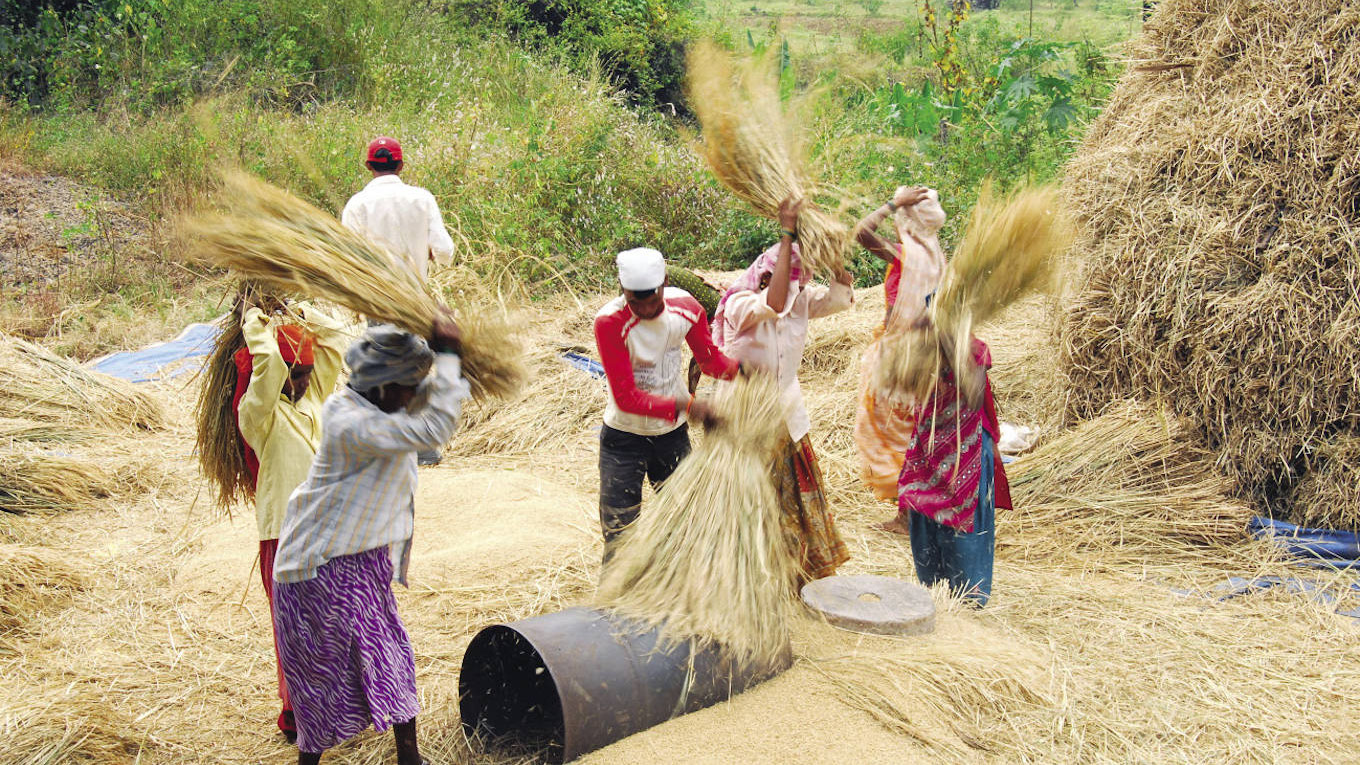If the Modi government thought that the recent hike in the minimum support prices (MSP) on 14 kharif season crops, preceded by a 137 per cent increase in the subsidy on di-ammonium phosphate (DAP) from Rs511 to Rs1,211 per 50-kg bag, would wean the farmers away from the path of agitation, then they were mistaken. Farm union leaders remain resolute, saying the move is too little, too late. The lukewarm reaction was a result of bad optics and choices. While the rates of pulses, oilseeds and cereals were hiked substantially, the government raised the MSP of paddy marginally by a mere Rs72 per quintal to Rs1,940 (3.8 per cent) for the 2021-22 crop year. Paddy is the main kharif crop, the sowing of which has begun with the onset of the Southwest monsoon. Besides, MSP of maize and cotton, which are the alternative crops for paddy in the light of much-needed diversification in Punjab and Haryana, have been hiked by by 1.1 per cent and 3.8 per cent (medium staple and 3.4 per cent for long staple cotton), respectively. Also, announcing the MSP now, when sowing of cotton is over in Punjab and Haryana, is of no relevance. “Had it been announced before beginning of the cotton sowing in the April, more farmers could have opted for cotton crop,” said Jagmohan Singh, general secretary, Bharatiya Kisan Union (Dakuanda). A ‘retrograde step’ The MSP of tur and urad has been increased by Rs300 per quintal in absolute terms for 2021-22 to Rs6,300 per quintal, while the MSP of groundnut seed has been increased by Rs275 per quintal in 2021-21 to Rs5,550 per quintal. The MSP of sesame seed has been raised by Rs452 per quintal to Rs7,307 per quintal. Among the commercial crops, the MSP of cotton was increased by Rs211 per quintal to Rs5,726 for the medium-staple variety and by Rs200 per quintal to Rs6,025 for the long-staple variety for the 2021-22 crop year (July-June). While Prime Minister Narenda Modi tweeted that the hike in MSP will boost farmers’ income and improve their living standards, farm union leaders said the increase in rates was not according to recommendations by M.S. Swaminathan Commission (2006) and Ramesh Chand Committee (2015). The Akali Dal, the estranged ally of the BJP, too has slammed the decision. Sukhbir Singh Badal, president, Akali Dal, said the increase in the MSP announced by the Centre for paddy is not only insufficient, but also a ‘retrograde step’ that will take agriculture backwards instead of doubling farm income by 2022. He said the ‘marginal increase’ is not sufficient to cover the rise in the cost of agricultural inputs like diesel and fertilisers. “The one and a half times income formula should be applied on the actual cost of production, including rent and interest foregone by farmers on land and machinery,” Badal added. “The cavalier manner in which the MSP has been calculated also exposes the apathetic attitude of the government towards farmers. The MSP should be increased keeping in view the actual cost of production”.
-

The farm sops are not upto the farmers’ expectations; Photo: Palashranjan Bhaumick

































